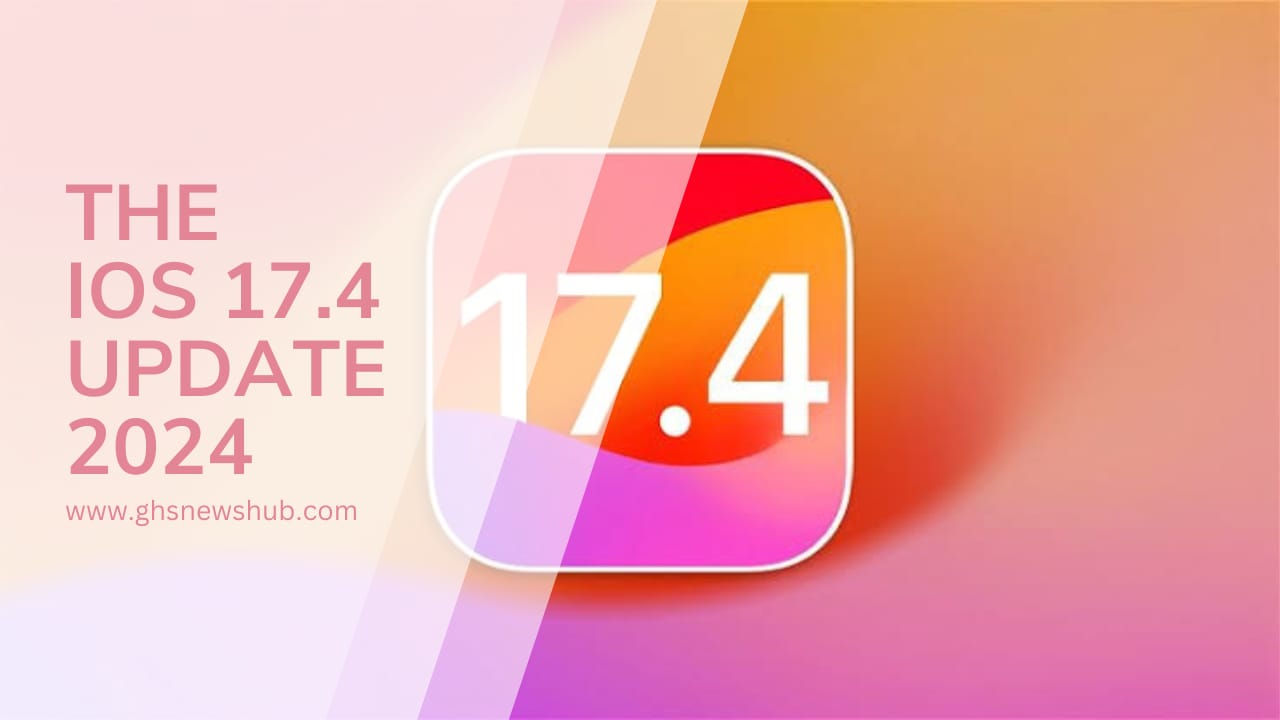The iOS 17.4 Update And Changes Required By The EU Digital Markets Act
Meta Description
Apple’s iOS 17.4 update brings major changes like sideloading apps and third-party payments to iPhones in the EU. Learn about the DMA’s impact on security and competition.
iOS 17.4 Update Brings Sweeping Changes for iPhone Users in EU
Apple’s upcoming iOS 17.4 update will usher in significant changes for iPhone users located in the European Union. Driven by new regulations under the EU’s Digital Markets Act (DMA), the update enables iPhone capabilities that have up till now been restricted by Apple. However, Apple has also voiced strong security and privacy concerns about the DMA’s requirements.
What Changes Is the DMA Requiring?
The key changes the DMA compels Apple to allow in the EU include
Sideloading Apps from Alternative Stores
Currently, iPhone users can only download apps from Apple’s App Store. The DMA requires Apple to permit **sideloading**, which means installing apps from third-party app stores or direct sources. This provides options beyond Apple’s walled garden.
Alternative Payment Systems
The DMA also mandates that iPhones support payment mechanisms beyond just Apple Pay. This enables developers to potentially avoid Apple’s 15-30% commission fees.
Non-WebKit Browser Engines
All iOS browsers today utilize Apple’s open-source WebKit browser engine. Under the DMA, browsers based on other rendering engines like Blink and Gecko must be permitted.
While some view the imposed changes as enhancing competition and choice, Apple harbors significant security-driven reservations.
Apple’s Warnings About Reduced Security
Apple communicated apprehensions about the DMA’s impact on iPhone protections in a 32-page white paper. Concerns include,
Increased Privacy and Scam Risks
Apple currently vets all apps allowed on the App Store for policy compliance, security issues, and malicious behavior. They warn alternative app stores may lack sufficient protection against dangerous apps involving illegal content, scams, or data compromise.
Financial Fraud Potential
Banks and financial organizations have also registered worries about permitting sideloaded apps. They may avoid supporting iPhones that use third-party app sources due to fraud or security fears.
Exposure to Predatory Practices
Apple is anxious that minus App Store safeguards, users will become more vulnerable to manipulative subscription tricks, mobile malware attacks, or user data exploitation.
However, the DMA’s supporters dispute that iPhone defenses intrinsically depend on Apple’s unilateral control.
Responses Questioning Apple’s Stance
Spotify’s competition policy lead characterized Apple’s position as an attempt to “scare everybody” by insisting their restrictions are indispensable for privacy and security. Other key counterpoints include.
Citing Android’s Success
The thriving Android ecosystem enables sideloading without noticing extreme user departures due to privacy troubles. This casts skepticism on framing Apple as the exclusive assurance of safety.
Accusing Exaggeration
A letter endorsed by 34 companies like Spotify and Epic Games accused Apple of exaggerating apprehensions to preserve anti-competitive advantages, rather than good faith concerns about user protections.
Highlighting Non-Compliance
They also contended that proposed Apple terms flout the DMA’s principles and directives, conveying unwillingness to genuinely embrace the law’s pro-competition goals.
In reality, iPhone owners themselves will eventually decide which trade-offs around choice, fees, security and capability appeal most.
The Impact on iPhone Users
Once the iOS 17.4 update reaches iPhones in EU countries, owners can opt into the newly-enabled options based on their priorities. Users focused purely on app diversity could avail of third-party stores and payment systems, while more security-conscious customers may continue using Apple’s existing frameworks they trust.
Over time, the update’s ramifications will become clearer – whether enhanced decision-making freedom or heightened scam dangers come to dominate users’ experiences under this controversial legislation.
Read More
Conclusion
The sweeping technology policy embodied by Europe’s Digital Markets Act is now set to collide head-on with Apple’s strictly controlled walled garden. While the DMA promises to detonate Apple’s lock on key iPhone functionality like apps and payments, Apple forewarns of putting users’ privacy and security assurances at risk.
Both sides marshal credible supporting arguments for their stance. Ultimately, the EU’s iPhone owners themselves will serve as the proving ground that decides whether the DMA’s bargain of greater selection and competitiveness at the cost of some defenselessness delivers acceptable trade-offs.



